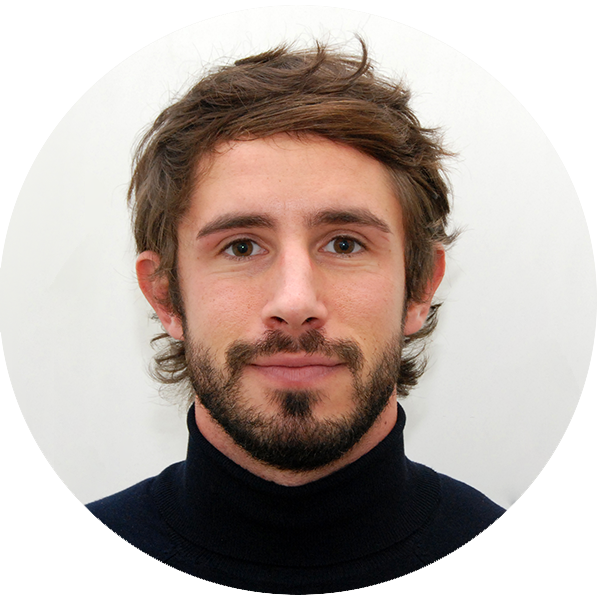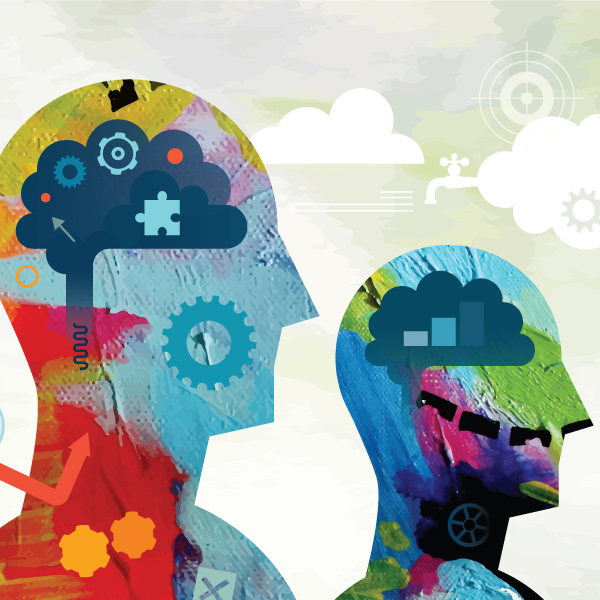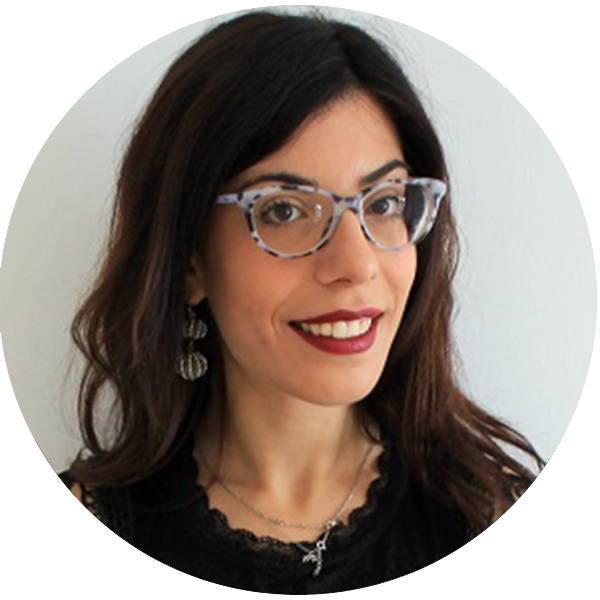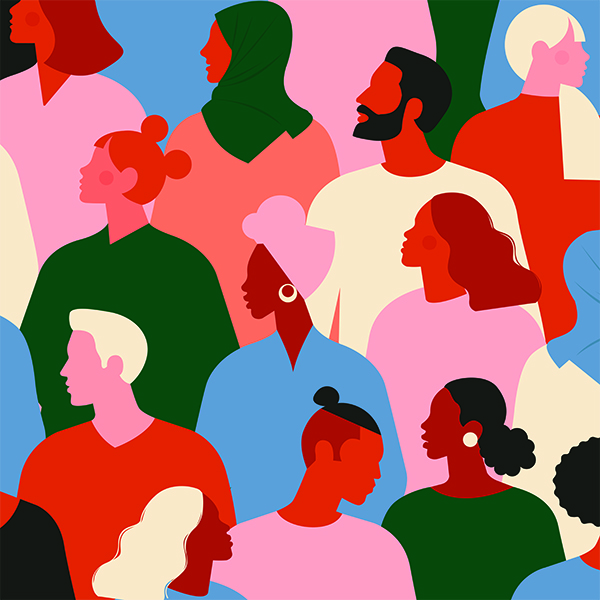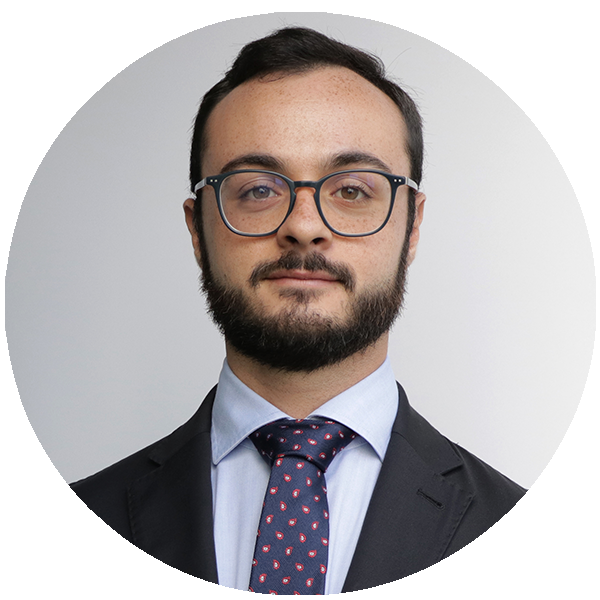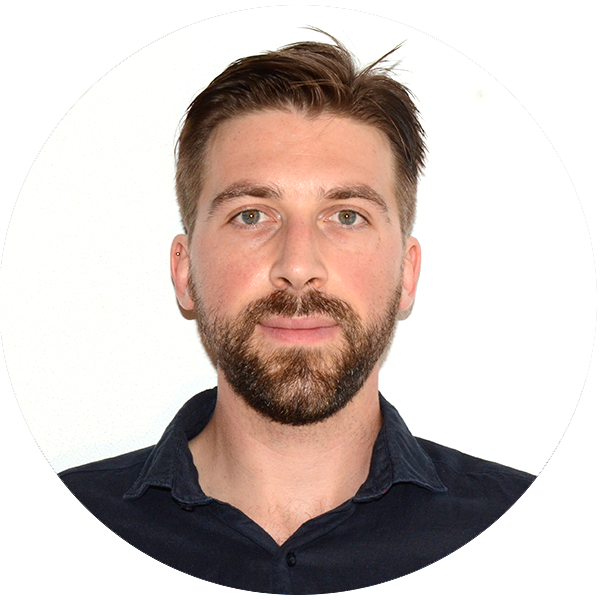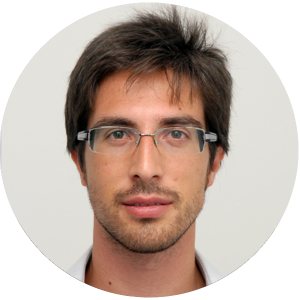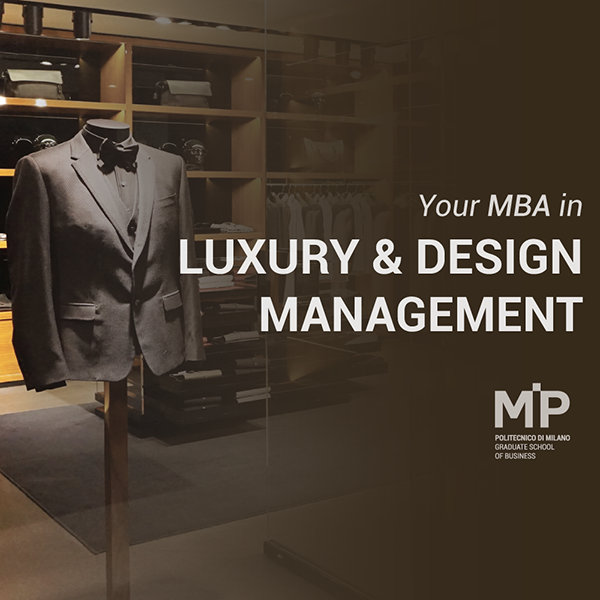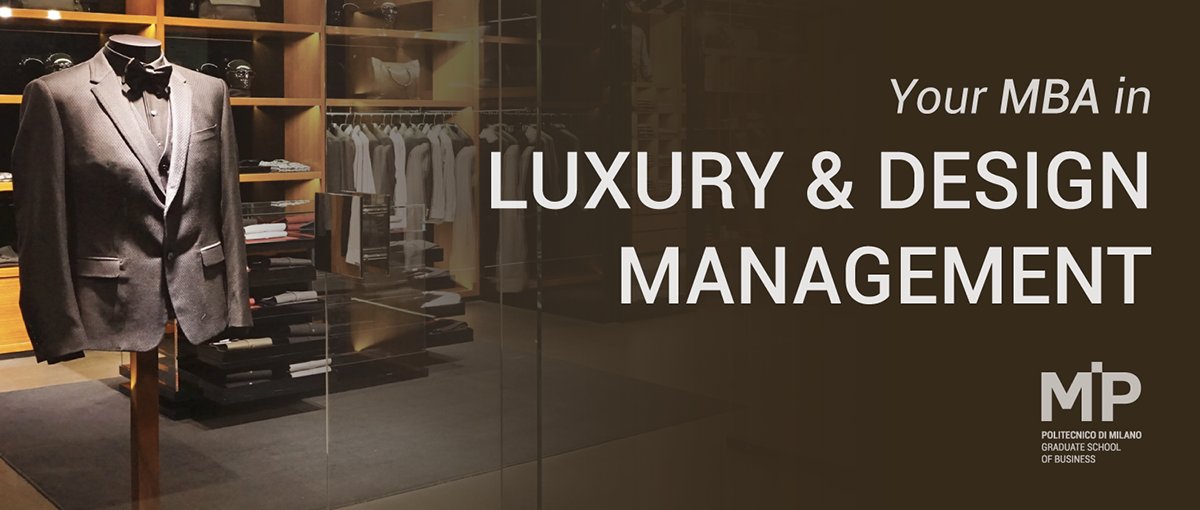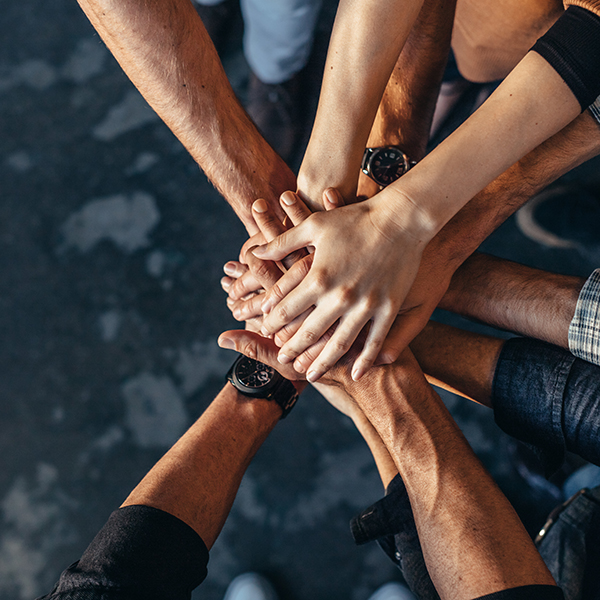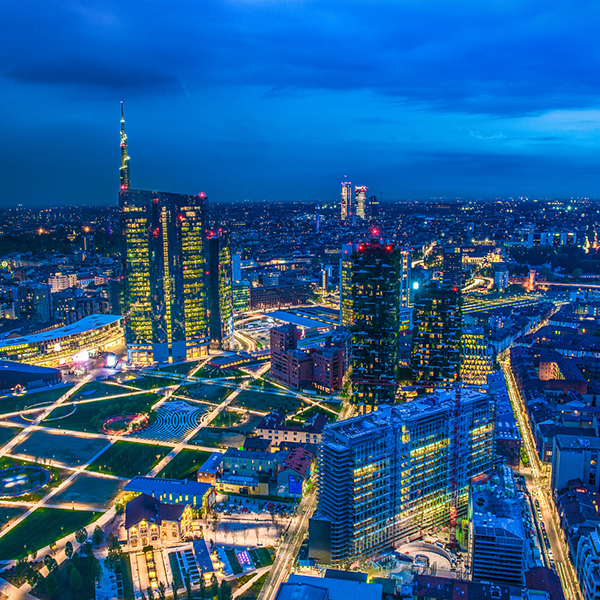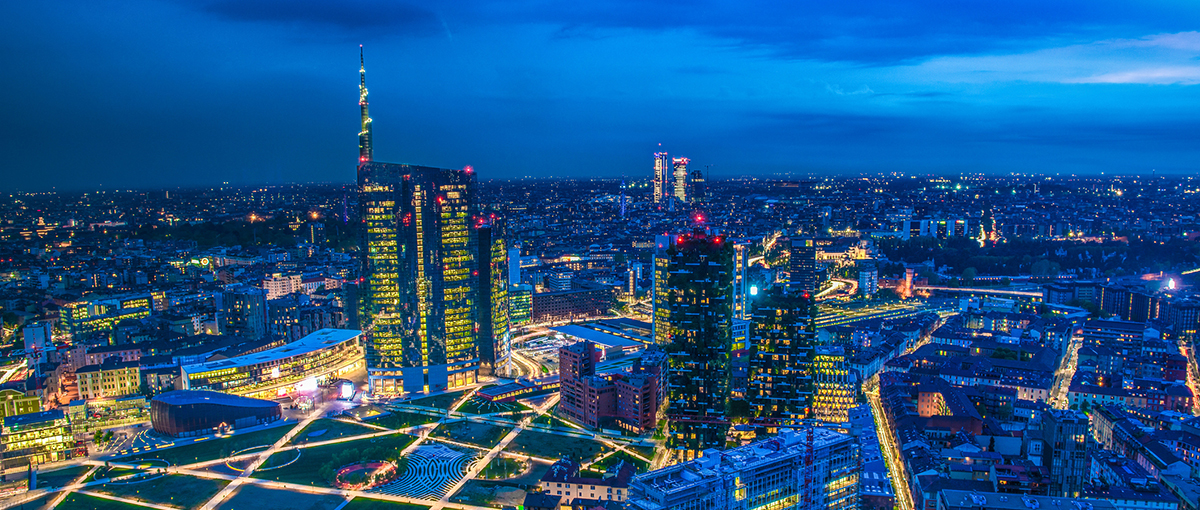“Networking is not just about connecting people. It’s about connecting people with people, people with ideas and people with opportunities.” (Michele Jennae)
When I enrolled for an MBA at MIP, I already knew that this kind of experience would be much more than classes, exams and company visits. One of the main achievements of an MBA is the network you can create during this period.
I get it, often networking isn’t at the top of everyone’s to-do list. It can be time-consuming, awkward on occasion, and, depending on your personality, incredibly draining.
It can appear that hard skills and knowledge are far more important than having a few words with colleagues or joining events. But that’s quite wrong. Sometimes you learn more by taking a coffee or sharing a slice of pizza with a person with a different background, than actually studying a book on finance accounting (which is still a super-important subject. Nothing against it, I swear!)
And that’s what’s happening during my first months of the MBA; I’m getting to know many interesting people, with different stories, backgrounds, ambitions and nationalities.
Yes, nationalities. I decided to join the International Part-Time MBA in order to benefit from an international environment.
Sundar Pichai, former CEO of Google, once said:
“A diverse mix of voices leads to better discussions, decisions, and outcomes for everyone.”
And I totally agree with this sentence. A multicultural environment (and networking in general) can bring many benefits:
1. Strengthen business connections:
Networking is about sharing, not only taking. It is about forming trust and helping one another toward goals. Regularly engaging with your contacts and finding opportunities to assist them helps to strengthen the relationships. By doing this, you sow the seeds for reciprocal assistance when you need help to achieve your own goals.
Tell me, would you rather help: A) a colleague with whom you have shared a drink, or B), a colleague who don’t even say “hi” when you run into him? The logical answer would be A (otherwise maybe you should be reading articles on how to deal with problems in socialising?)
2. Get fresh ideas:
Your network can be an excellent source of new ideas to help you in your role (both present and future). And what about a multicultural network? It can be an even better source of inspiration. Different cultures have different ways of approaching problems. Everyone is looking at situations through a different lens, a unique perspective. This can lead to a wide range of ideas that would benefit any team.
Is it easy? Absolutely not. At least, not at the beginning. During my first group assignment on the Erasmus programme, I was in a group with a Chinese, a Japanese, a German and an American (it sounds like the beginning of a joke, but it actually happened). It was a real mess… One person focused more on the content, someone else more on the form, others on the speech, etc. But mixing up all these different approaches brought us to a final result which was much better than the one we had in mind at the beginning.
3. Develop long-lasting personal relationships:
Last but not least! The point of networking is not only to develop professional relationships, but also (and above all) to create strong and long-lasting friendships. I’ve always thought that the more you grow up, the more you’re able to find people you share your vision of life with. Your MBA networking contacts will usually be like-minded people with similar goals to your own, so it’s not unlikely that they’ll become great friends of yours.
These are only a few of the benefits you can get from an international environment. But they should be enough to push you try out an experience like an International MBA. You’ll need to discover all the other benefits for yourselves! ?
About the author
|
|
Marco Di Salvio
Student of the International Part Time MBA at MIP Politecnico di Milano. |


